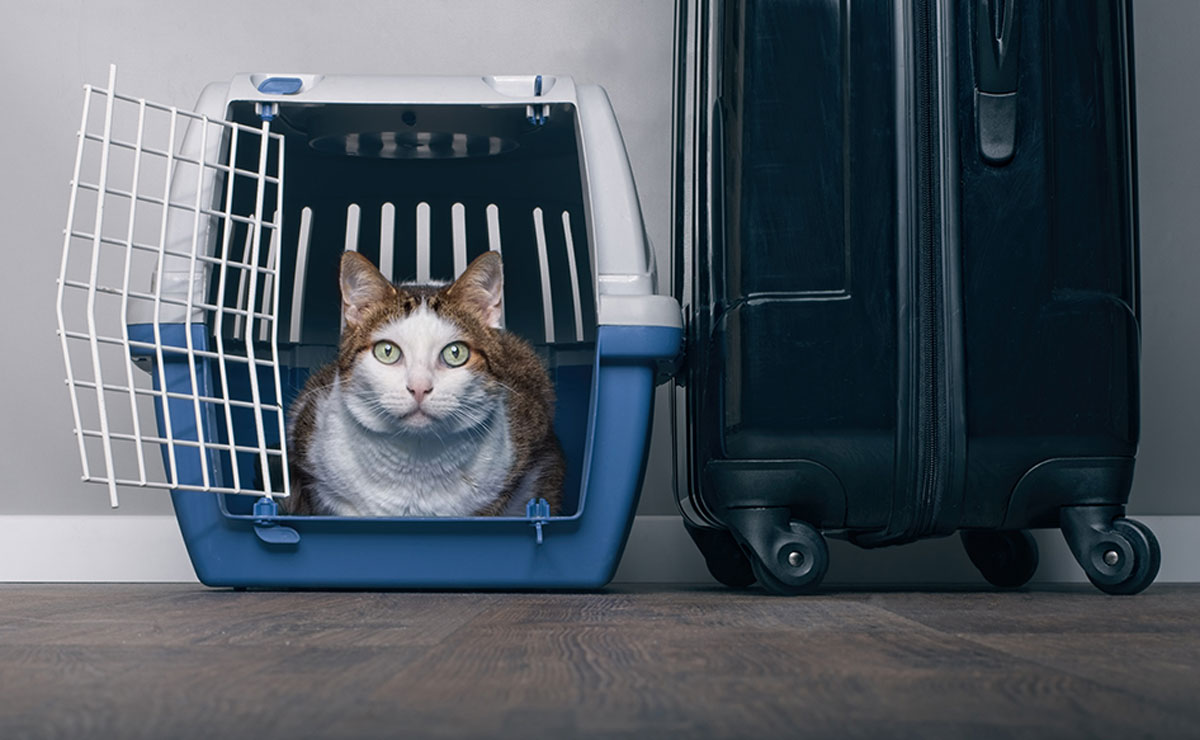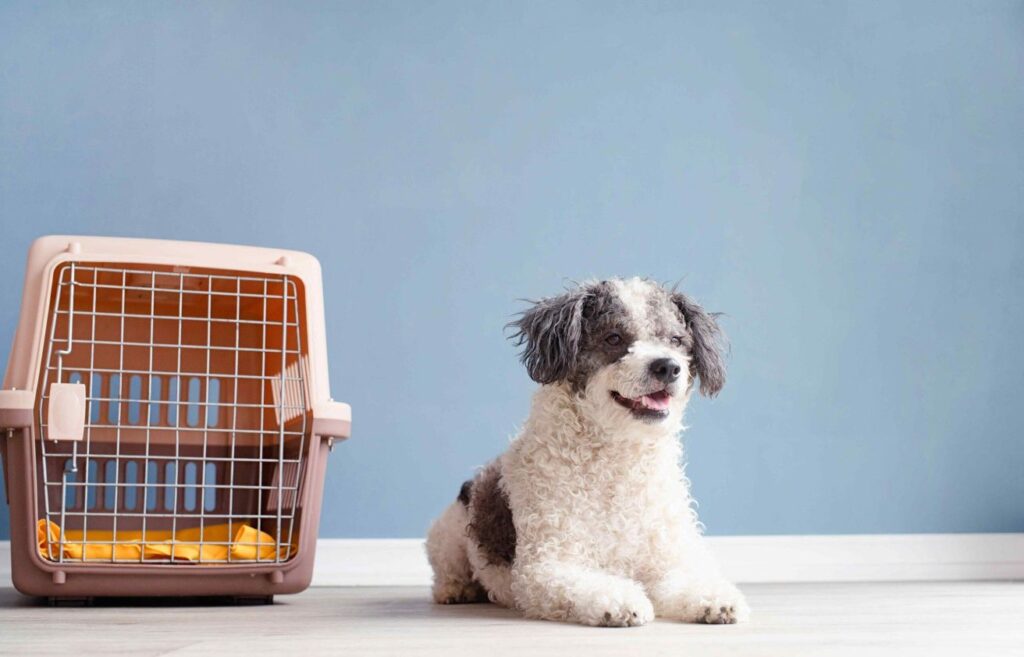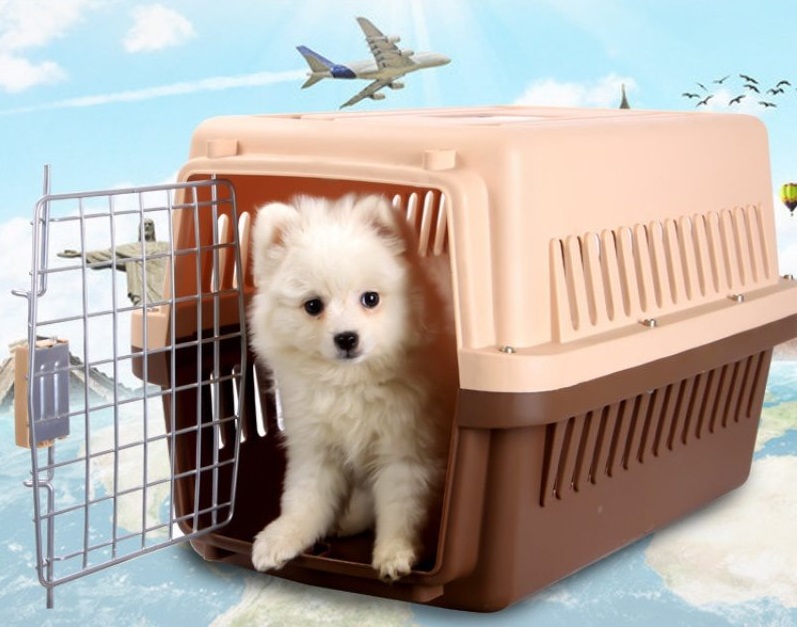Air Travel Regulations for Pets from South Korea to Vietnam
Pet owners moving from South Korea to Vietnam often wish to bring their beloved animals. However, flying with pets requires strict compliance with aviation and import regulations. Failure to meet requirements can result in denied boarding or quarantine upon arrival.
This guide outlines the key rules and procedures for transporting dogs and cats from South Korea to Vietnam by air.
1. General Pet Import Rules in Vietnam
Vietnam allows the import of pets like dogs and cats, but only if specific conditions are met. These include:
-
A valid health certificate issued by an accredited veterinarian
-
Up-to-date rabies vaccination
-
Import documents presented at the airport
-
Transport arranged with an airline that accepts live animals
Pets that fail to meet requirements may face quarantine or re-exportation.

2. Health Certificate Requirements
Before departure, pet owners must obtain a health certificate. It must:
-
Be issued within 7–10 days before travel
-
State that the pet is healthy and free of contagious diseases
-
Include microchip information (if applicable)
This certificate must be in English or Vietnamese and signed by a government-authorized vet in Korea.
3. Rabies Vaccination Regulations
Vietnam requires all dogs and cats to be vaccinated against rabies. The vaccine must be:
-
Administered at least 30 days before departure
-
Not older than 12 months on the travel date
You must bring the rabies vaccination certificate with clear dates and vet signature.
Puppies or kittens under 3 months old are exempt, but authorities may ask for proof of age.
4. Quarantine Policy on Arrival
Vietnam does not impose quarantine for pets if:
-
The animal is healthy upon inspection
-
All paperwork is valid and complete
-
No signs of infectious disease are detected
However, pets may be quarantined for 7–30 days in rare cases, especially when paperwork is missing or unclear.
5. Airline-Specific Requirements
Each airline has its own pet transport policy. Common conditions include:
-
Pet weight and carrier size limits
-
Advance reservation for pet transport
-
Extra fees for pet handling
Most airlines allow pets under 7 kg to fly in-cabin. Larger pets must travel in the cargo hold, which is temperature-controlled.
Make sure the carrier:
-
Is well-ventilated and escape-proof
-
Allows the pet to stand and turn around
-
Has food and water containers fixed inside
Check airline guidelines at least two weeks before travel.
6. Entry Airports in Vietnam
Pets from South Korea may enter Vietnam through international airports, including:
-
Tan Son Nhat International Airport (SGN) – Ho Chi Minh City
-
Noi Bai International Airport (HAN) – Hanoi
-
Da Nang International Airport (DAD) – Da Nang
Customs officials will review documents and inspect your pet at the arrival terminal.
7. Documentation Checklist
To ensure a smooth process, prepare these documents:
-
Valid pet passport (if available)
-
Government-issued health certificate
-
Rabies vaccination certificate
-
Import license (in some cases)
-
Copy of owner’s passport or visa
-
Flight booking confirmation
Keep printed copies and digital backups in case of loss.

8. Tips for Stress-Free Pet Travel
Traveling can be stressful for pets. To reduce anxiety and avoid delays:
-
Visit a vet at least 2 weeks before departure
-
Familiarize your pet with the carrier
-
Avoid feeding right before the flight
-
Attach labels with pet and owner information
-
Arrive at the airport early to complete formalities
Avoid sedating your pet without veterinary advice, as it may cause complications during the flight.
9. Pet Import Services Available
For those who prefer support, many logistics providers offer pet relocation services. These include:
-
Health check coordination
-
Document preparation
-
Carrier rental
-
Customs clearance support in Vietnam
ASIAPATA partners with trusted agents in both South Korea and Vietnam to ensure safe and compliant pet transport.
10. Final Thoughts
Bringing a pet from South Korea to Vietnam is absolutely possible with the right preparation. Following regulations closely will protect both your pet and the public. Start planning early and seek help if needed.
For detailed advice or professional pet relocation support, contact ASIAPATA today.
Read more:














